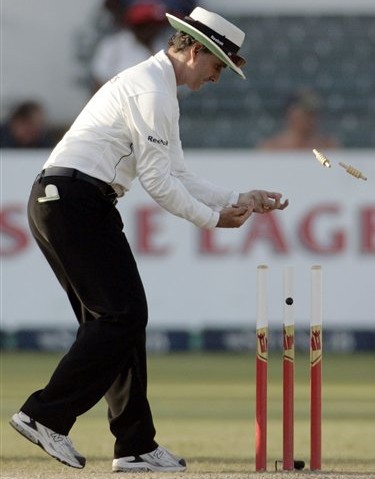In 49BC Julius Caesar stood with his troops on the northern bank of the Rubicon River, the geographic border between the Roman province of Cisalpine Gaul and Italy proper which was controlled by Rome and its allies.
He faced a decision of some historic, political and personal importance because under the laws of the day he, and his men, would be committing a capital offence by crossing the river into the territory of Rome with the certainty sparking armed conflict as a result.
After some reflection and contemplation Caesar is reported to have uttered “alea iacta est” or loosely translated, “the die is cast”, before setting out with his men across the river.
In doing so he shattered the convention of the age, flouted the law, and gave rise to the adage of “crossing the Rubicon” which has come to refer to any person or group committing themselves irrevocably to a risky or revolutionary course of action, often called in the modern parlance “the point of no return”.
Cricket today faces a similar moment of historic significance with news filtering through of the BCCI’s latest attempt to assert its financial hegemony over much of the international cricket landscape via an audacious bid to secure a greater share of the spoils generated from ICC tournaments.
Under the current arrangements the ICC redistributes 75% of the profits from tournaments such as the Champions Trophy, World Cup and World T20 Cup to in equal measure to the 10 full member nations, with the remaining 25% allocated to funding the further development of the game among associate member nations.
Not satisfied by corrupting the Future Tours Programme with its malevolent vengeance against CSA and its CEO Haroon Lorgat, its unilateral refusal to implement the Wolfe Report and adopt DRS, and in ensuring the schedule of world cricket is bent to accommodate the needs of the IPL and the profits it generates for a small group of its cronies, members of the BCCI, led by its iron-fisted dictator, the infamous Narayanaswami Srinivasan, are now furiously lobbying that the vast Indian domestic audience and broadcast rights deals it generates entitle it to a larger share of the spoils.
Although it would appear to run completely counter to the interests of all other nations, history suggests that the financial hegemony the BCCI exercises over many of the full member nations, in particular Sri Lanka, Zimbabwe, West Indies and Bangladesh, means the audacious cash grab has a realistic prospect of success, which will both further cement their hold and have serious implications for the growth of the game among associate member nations.
In 49BC the Roman consuls failed to take action and fled in fear of Caesar and his victory resulted in the law and convention of imperium never being enforced then or into the future.
Should other member nations and the rather toothless ICC fail to observe the lessons from history the consequences for the game, both for its future development and current strength, could be calamitous.
It is indeed a Rubicon moment for the game and should the members nations fail to recognise its long-term consequences I fear that Caesar’s words will be prophetic – alea iacta est, the die is cast.
Until next time … that is stumps.

Pingback: 12 Days of Caesar | The Leather Library